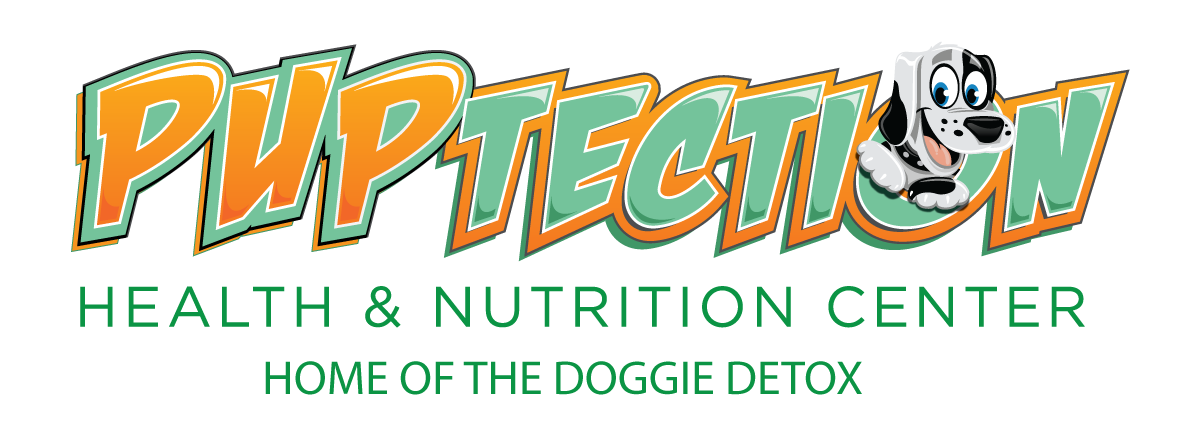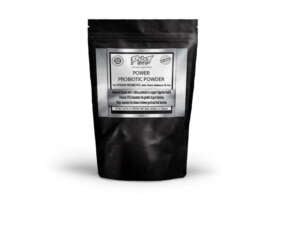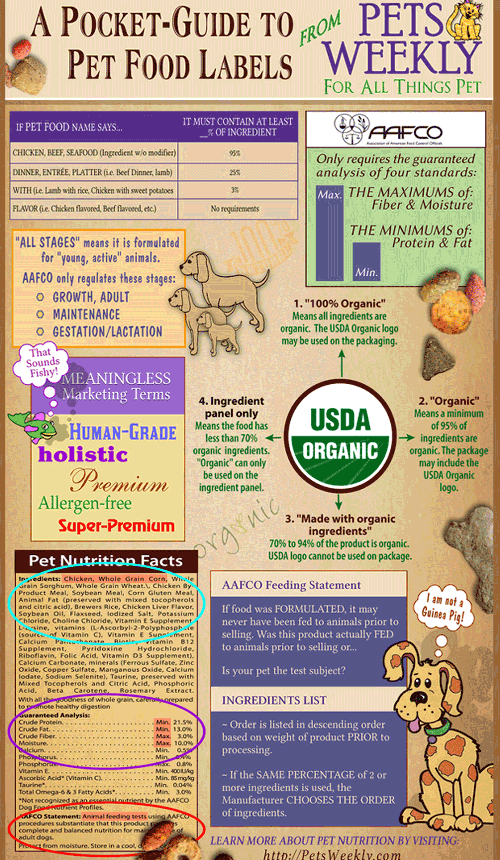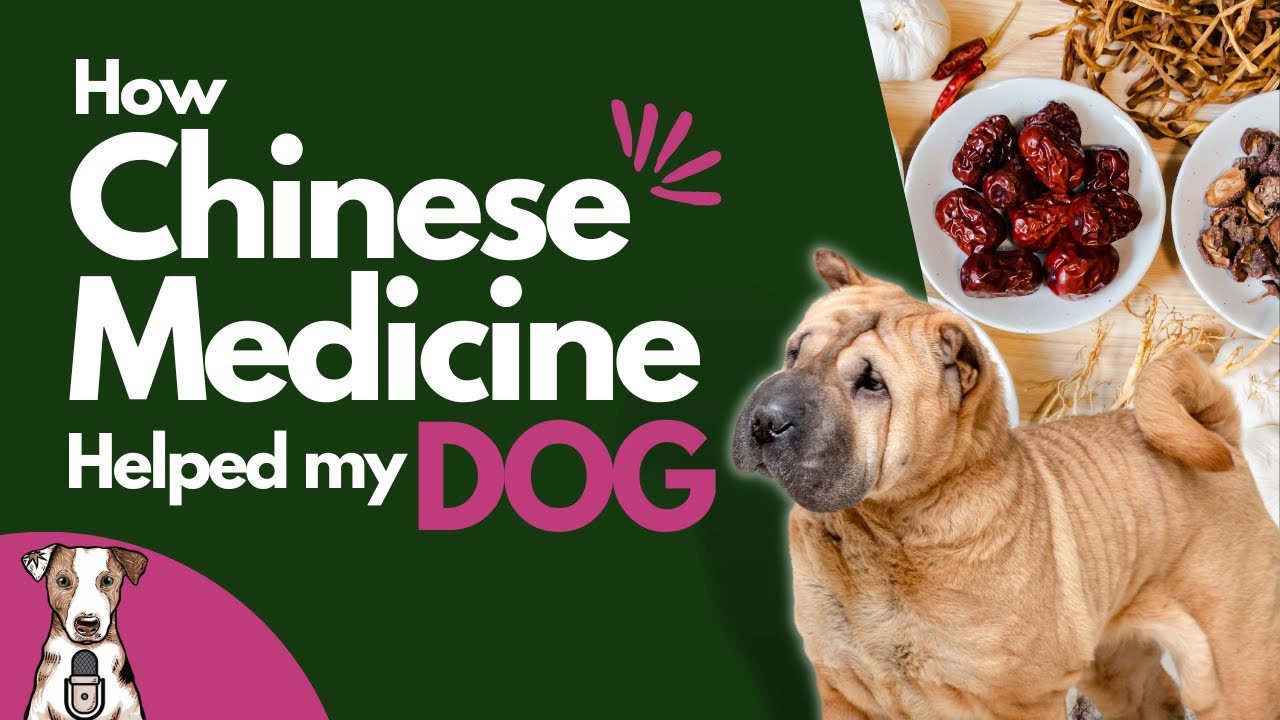

What is Pancreatitis in Dogs?
Pancreatitis in dogs is an inflammation of the pancreas, an organ responsible for producing digestive enzymes and insulin. When the pancreas becomes inflamed, the digestive enzymes start to damage the pancreas itself, leading to symptoms like vomiting, diarrhea, abdominal pain, and lethargy. Severe cases can be life-threatening, so it’s essential to recognize the signs early and seek appropriate care.
Symptoms of Pancreatitis in Dogs
- Vomiting and Diarrhea
These are the most common symptoms of pancreatitis. Episodes may be sporadic or consistent depending on the severity of the condition. - Lethargy
Dogs suffering from pancreatitis may become unusually tired and show little interest in daily activities. - Abdominal Pain
Dogs may adopt a “prayer position,” where they stretch their front legs forward while keeping their rear legs raised to alleviate the pain. - Loss of Appetite
Affected dogs often refuse food, which exacerbates their weakened state. - Fever
A fever can develop as the body fights the inflammation.
Causes of Pancreatitis in Dogs
- High-fat diets are one of the leading causes of pancreatitis. Dogs consuming fatty foods, especially those prone to obesity, are at higher risk.
- Medications such as certain antibiotics or anti-seizure drugs can trigger pancreatitis.
- Genetic predisposition is also a factor, with some breeds being more susceptible, like Miniature Schnauzers.
 5 Essential Detox Strategies for Pancreatitis in Dogs
5 Essential Detox Strategies for Pancreatitis in Dogs
1. Hydration is Key
Dehydration is a significant concern in dogs with pancreatitis due to frequent vomiting and diarrhea. Ensuring your dog has access to fresh water at all times is crucial. If your dog refuses to drink, your veterinarian may recommend administering fluids intravenously.
2. Low-Fat Diet
One of the most effective strategies to manage pancreatitis is feeding a low-fat diet. Reducing fat intake lessens the burden on the pancreas, allowing it to heal. Opt for high-quality, lean protein sources such as turkey, chicken, or fish.
Recommended Foods for Pancreatitis in Dogs:
- Boiled chicken breast
- Steamed vegetables like carrots or green beans
- Low-fat cottage cheese
3. Detox with Natural Supplements
Milk Thistle and Dandelion Root are excellent for liver and pancreas detox. These natural herbs help eliminate toxins and support healing. Adding these to your dog’s diet may help enhance recovery.
4. Gradual Fasting
Fasting for 24 to 48 hours (under vet supervision) allows the pancreas to rest. By temporarily removing the need to digest food, the pancreas can focus on healing rather than producing enzymes. After fasting, slowly reintroduce small, bland meals to ease your dog back into eating.
5. Omega-3 Fatty Acids for Inflammation
Omega-3 fatty acids help reduce inflammation in dogs with pancreatitis. Fish oil supplements, such as those derived from wild-caught salmon, are beneficial and can be included in your dog’s diet to help combat the chronic inflammation associated with pancreatitis.
Diet Tips for Managing Pancreatitis in Dogs
1. Homemade, Low-Fat Meals
A homemade diet allows for precise control over fat levels. Incorporating lean proteins like turkey, along with easily digestible vegetables like pumpkin, can be beneficial.
2. Avoiding Commercial Dog Treats
Many commercial dog treats are high in fats and preservatives, which can trigger pancreatitis. Choose natural, low-fat alternatives, or better yet, make your own treats at home.
3. Frequent, Small Meals
Instead of feeding your dog one or two large meals, switch to multiple small meals throughout the day. This reduces the digestive load on the pancreas and helps prevent flare-ups.
Expert Solutions for Pancreatitis in Dogs
1. Veterinary Care
Always consult with your vet if your dog shows any signs of pancreatitis. Blood tests and ultrasound scans are typically used to diagnose the condition, and your vet will provide the appropriate medications or fluids to stabilize your dog.
2. Prescription Diets
Some dogs may require a prescription low-fat diet for long-term management. Veterinary diets specifically designed for pancreatitis are formulated to minimize fat and optimize nutrient absorption.
3. Probiotics for Gut Health
Dogs with pancreatitis often have a compromised gut microbiome. Introducing a high-quality probiotic can improve digestion and boost overall gut health, which in turn supports the pancreas.
Conclusion: Long-Term Management of Pancreatitis
Managing pancreatitis in dogs requires a combination of diet modifications, detox strategies, and expert veterinary care. By focusing on a low-fat, nutrient-dense diet, maintaining hydration, and supplementing with natural anti-inflammatory and detoxifying agents, you can help your dog recover and prevent future flare-ups. Regular vet check-ups and close monitoring of your dog’s symptoms are key to ensuring long-term health and vitality.
Always Consult Your Veterinarian First
If you have any serious concerns about your pet’s health, it is essential to consult with your veterinarian before taking any action.
Puptection Health & Nutrition Center Disclaimer
The information provided on Puptection Health & Nutrition Center’s website is for general informational purposes only and should not be considered as veterinary advice, diagnosis, or treatment. Always seek the guidance of your veterinarian for any concerns or questions about your pet’s health. Do not ignore or delay seeking professional veterinary advice based on information you have read on this website.


